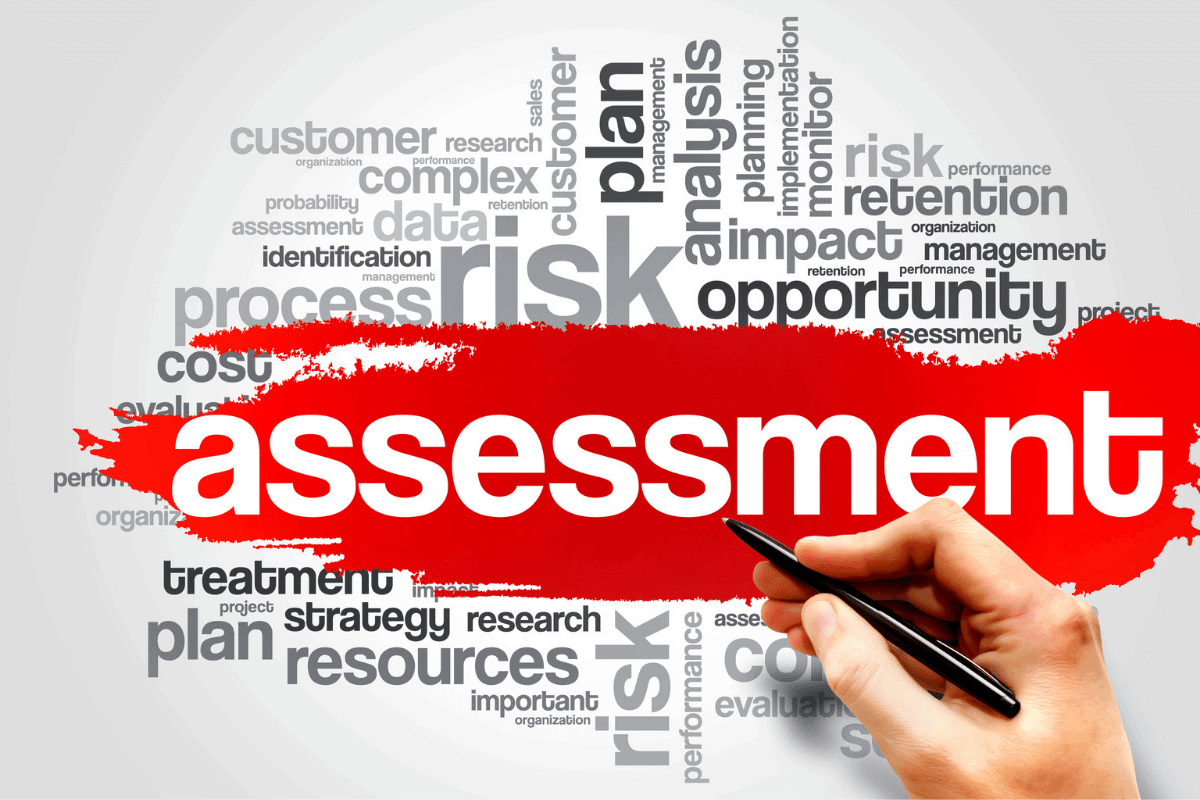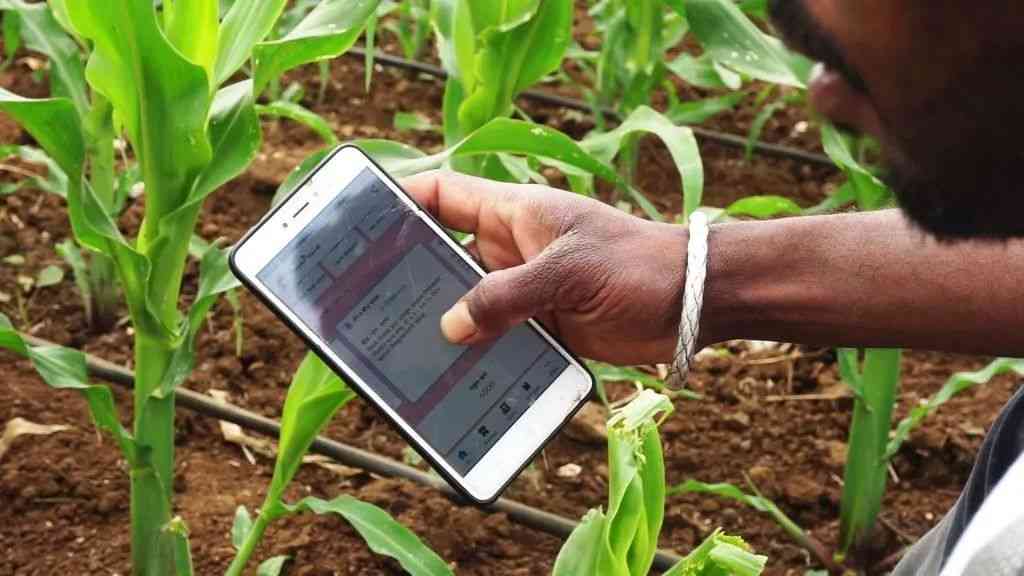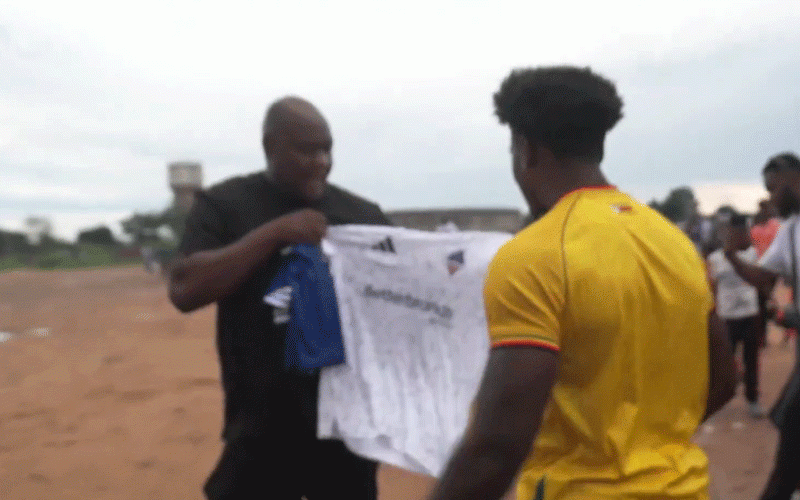
A question: How many of us lie in bed when we wake up and ponder all the things that could possibly go wrong that day? Sure, we might worry about being late for work; some might worry that they may not be able to have signal for their phone! Do we lie there wondering if we might be hit by a meteorite? Do we stay in bed because we might get run over by a car, catch a deadly disease from someone we walk past, be bitten by a snake, lose our memory, break a leg, be put in prison, be fired from work, be ditched by our girlfriend….? The list could easily be endless! If we did, we would probably decide that it would be safer to stay in bed and not risk any of the above possibilities happening to us! However, then we may perhaps begin to ponder all the things that could go wrong while we stay in bed all day: the ceiling might fall on us, we might suffocate on our pillow, we might choke on our tongue, we might….
All of the above technically, theoretically, is possible, even if not entirely likely. Interestingly, while we may not lie in bed considering all the things that could go wrong, we probably do not lie there considering all the things that could go right. Depending on our outlook on life, we may well conclude that everything or alternatively nothing could go right — but is there any risk involved in that? It is interesting though that, in the workplace especially, we are called upon to undertake risk assessment for everything that we will do — and not do anything that will be deemed dangerous, unless, of course, we have plans on what we might do to prevent such an eventuality.
When it comes down to risk assessment, there are times that assessment is unnecessary, illogical and impossible. At a youth summer camp one night, campers and leaders were woken at midnight by one child swearing her head off so loudly that everyone heard. The leaders rushed to try to quell the tide of abuse and profanity and settle all the other campers who wanted to know what had happened. Eventually, the leaders managed to settle them all, including the wrong-doer, and as some of the leaders walked back to their rooms with the camp leader, one declared “We must never allow that to happen again!” The sentiment is understandable and indeed commendable but how actually would it be possible? Will an alarm go off five minutes before a child is about to swear, so that it can be prevented? Education on the unsuitability of such behaviour can be provided but that is no guarantee that it will not happen.
While we do not consciously consider risk assessment in our daily personal life, it is something that has to be done in schools, with reference to safeguarding. Assessment is, in fact, all around us, in everything that we do. We assess our work; we assess our employees. Some might point out that at the start of any assessment is an ‘ass’ — in that light, we may recall the saying that we should not assume anything as it will make an ‘ass’ of ‘u’ and ‘me’. Be that as it may, we do assess constantly.
School reports are an assessment of what the pupil has done and what the pupil could do; in fact, teachers rate or assess pupils every day, every lesson. To an extent they assess all the things that could go wrong and indeed all the things that could go right with the child. Teachers must avoid though putting a label on children based on what could go wrong or on what has gone wrong, as has been previously considered. An assessment is only of one situation; it may differ the next day.
It is not just pupils that we assess though; we assess staff. A teacher in the UK came into school one day furious, wanting to call on the unions, as she had discovered that there was a website called Rate My Teacher (and perhaps she had a bad rating on it). Leaving aside the matter of who would go to the bother of posting any comment on such a website, and also leaving aside the matter of who would go to the bother of reading any comment on such a website, it was pointed out to the teacher that pupils rate their teacher every minute of every lesson, and then go home and share that information with their parents, who will now form their own assessment. Assessment happens.
In that regard, therefore, we should realise that, just as we have seen in a previous article that we cannot say “My child would never do that”, there is in fact every chance that every child could do that. Maybe we should lie in bed and ponder that — then get up and do everything to prevent it.
- Divine insight: Understanding your dreams
- Fired judge given 2 weeks to return govt property
- Divine insight: Understanding your dreams
- Looming showdown between teachers, Govt











